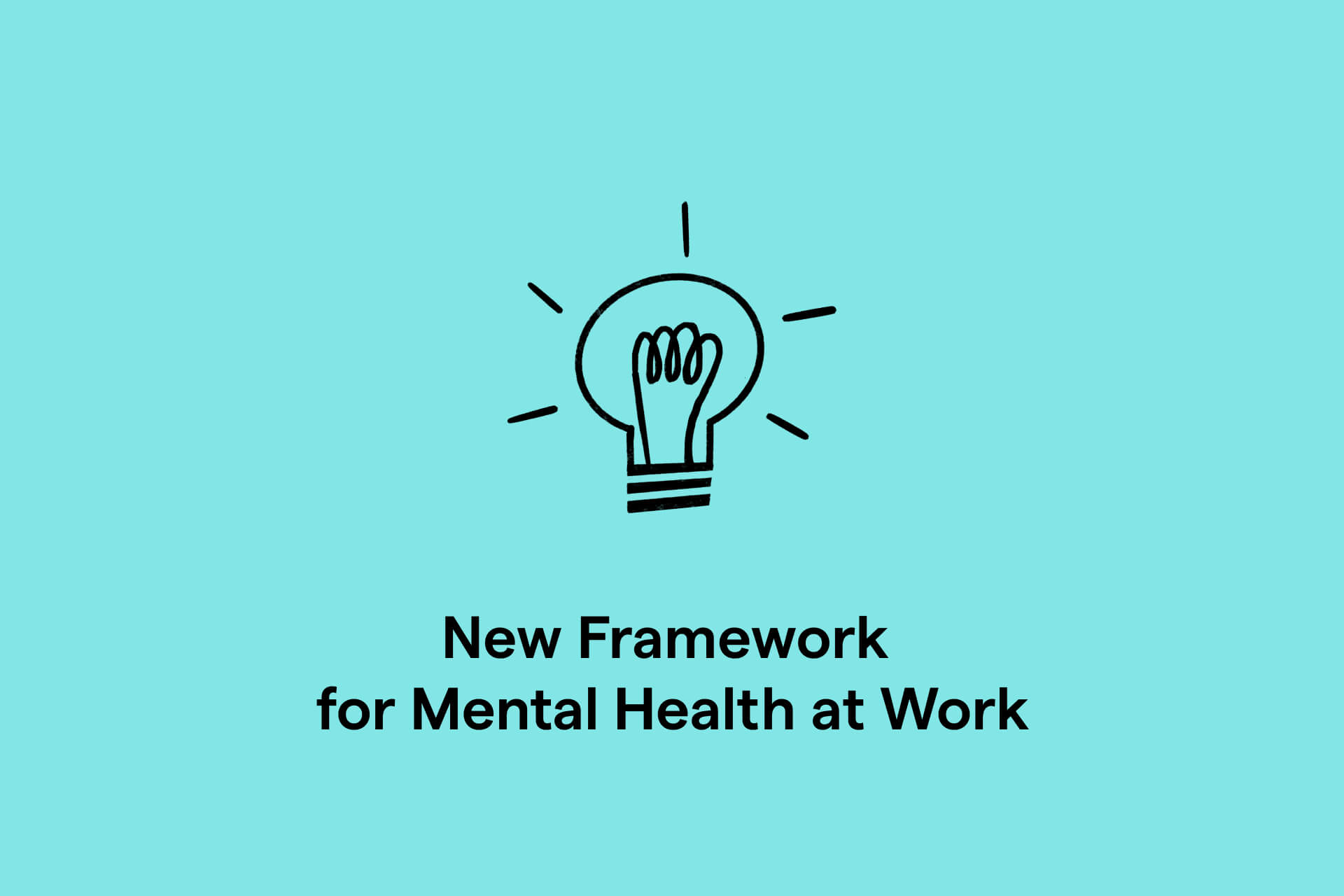
Individual
A self-facilitated program to boost your mental fitness for personal and professional growth
This website will offer limited functionality in this browser. We only support the recent versions of major browsers like Chrome, Firefox, Safari, and Edge.

Select the experience that fits your needs

A self-facilitated program to boost your mental fitness for personal and professional growth

A self-facilitated mental fitness program with exclusive pricing for 2 to 25 individuals

Explore coach-led mental fitness programs with workshops tailored to your organization
Mental Fitness

In a groundbreaking initiative, United States Surgeon General Dr. Vivek Murthy has released the Surgeon General’s “Framework for Workplace Mental Health and Well-Being.” The framework outlines the foundational role employers should play in promoting workplace mental health and the wellbeing of employees and communities.
According to the framework, “With more than 160 million people participating in the United States workforce and with the average full-time worker in the U.S. spending about half of their waking life at work, workplaces play a significant role in shaping our mental and physical well-being.”
Improving mental health at work is a critical issue in the U.S. and globally. And while some workplace conditions had a negative impact on mental health long before the pandemic, the last few years have proved worse for the workforce.
The Surgeon General’s five-point framework is designed to address these kinds of statistics. It provides a comprehensive roadmap for organizations to improve mental health outcomes by addressing five critical areas of employee wellbeing.
Safety and security are basic human needs. Thus, creating physical and psychological safety conditions is critical to ensuring employee wellbeing. Organizations must create protection from harm by
Social support and belonging are also critical to employee wellbeing. To support connection and community, organizations must provide opportunities for positive social interactions and relationships in the workplace by
Employers play an essential role in mitigating work and non-work conflicts. Employees must have autonomy and flexibility to handle work and non-work demands effectively. Employers can help by
Knowing that they matter can lower employees’ stress levels. Conversely, feeling unimportant increases the risk of depression. Employers can foster employee dignity and purpose by
When they have opportunities to learn, employees become more optimistic about their abilities and more enthusiastic about contributing to the organization. Employers can help encourage a sense of accomplishment by
The Surgeon General’s framework states, “Employers have a unique opportunity not only to invest in the mental health and well-being of their workforce but also to strengthen their organizations’ success by doing so.”
The Surgeon General’s “Framework for Workplace Mental Health and Well-Being” provides clear parameters for what organizations should provide their employees. However, deciding where to start and how to implement change can be an overwhelming task. A mental fitness training program can lay the foundation for improving employee performance, relationships, and wellbeing in the workplace and beyond.
Mental fitness is the measure of how quickly you can shift from negative to positive responses to challenges. When you are mentally fit, you are better able to handle life’s challenges. You are more resilient and better at managing stress, and you cultivate a growth mindset that leads to optimal performance and wellbeing.
The Positive Intelligence® (PQ) Program is a proven neuroscience-based approach to mental fitness. The program is based on a comprehensive factor analysis study presented in the New York Times bestseller Positive Intelligence. The study identifies the fundamental underlying factors that promote or hinder optimal performance and wellbeing.
1. Address the root-level cause of negative thought patterns rather than just treating the symptoms.
2. Develop mental muscles and instill a daily habit of mental fitness practice.
3. Create a shared operating system for personal and professional growth to simplify coaching, training, and practice.
As a result, individuals and teams who complete the PQ Program increase collaboration, boost creativity and understanding, manage stress better, and increase productivity.
*Based on survey results from a cohort of >2000 Positive Intelligence Program participants after six weeks of mental fitness training
The PQ Program differs from workshops, books, and other coaching programs that may inspire temporary but not lasting change. While some of these resources and programs provide short-term benefits, they don’t offer the depth and breadth of material, proven practices, and staying power to ensure lasting results. The PQ Program supports workplace wellbeing in the following ways:
According to the Surgeon General’s report, “We can build workplaces that are engines of well-being, showing workers that they matter, that their work matters, and that they have the workplace resources and support necessary to flourish.”
The PQ Program can support and enhance the five-point framework for prioritizing employee mental health and wellbeing. By building mental fitness, teams and organizations cultivate spaces where employees feel psychologically safe, connected to the organization, and empowered with a growth mindset to achieve optimal performance and wellbeing.

